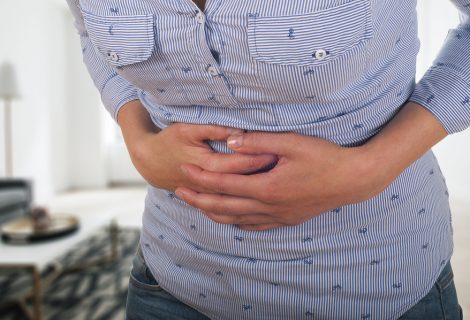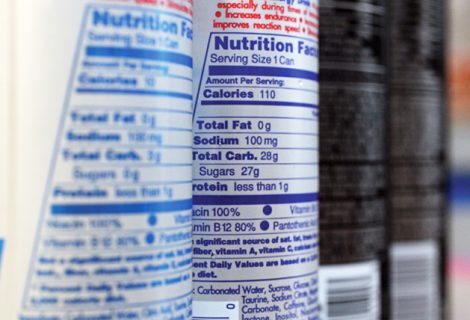Hypertension – High Blood Pressure
Diseases of the heart and blood vessels are the number one cause of death in the United States. People with hypertension (high blood pressure) are more likely to develop these diseases. Therefore, it is important to try to lower elevated blood pressure.
Hypertension cannot be cured in most cases. It can be successfully managed with lifestyle changes and/or medication. With proper food selection, a diet for high blood pressure can be varied and adequate in all nutrients, including vitamins and minerals.
Modifications include:
Reducing the amount of sodium in the diet. Sodium is essential for good health. While American adults average 4,000 to 6,000 milligrams daily, the recommended daily limit for the general public is only 2,4000. Someone with high blood pressure should consult a doctor to see how much sodium should be consumed daily. As a guide, however, 2,000 to 3,000 milligrams (2 to 3 grams) is enough.
A common dietary source of sodium is salt. Sodium is one of two minerals that make up salt (the other is chloride). One teaspoon of salt contains a whopping 2,300 milligrams of sodium, an entire day’s supply. But, Sodium is also “hidden” in the diet in other foods, mainly processed and packaged foods.
Maintain a health body weight and exercise regularly. Maintaining a healthy body weight and exercising are very important in controlling blood pressure. If you are overweight, just a modest weight loss can significantly improve high blood pressure. Regular exercise (with a physician’s approval) is important in helping you lose weight and maintain weight loss. This helps keep blood pressure down. Normal blood pressure is 120/80 with variations ranging from 110/70 up to 140/90 depending on body build and a variety of physical exercises performed by individuals.
Limit consumption of alcohol. In many people, drinking excessive alcohol raises blood pressure. It is recommended people with high blood pressure limit alcohol consumption to no more than one ounce per day. That’s about the amount in two ounces of 100-proof whiskey, one eight-ounce glass of wine, or two 12-ounce cans of beer.
Eat adequate amounts of potassium-rich foods. Potassium, another mineral essential to good health, works in concert with sodium to regulate blood pressure. Studies have shown that people who consume more potassium have lower blood pressures than people who consume less. Rich sources of potassium include many fruits, such as cantaloupe, bananas, watermelon, oranges and orange juice, as well as, potatoes, spinach and zucchini. (Important note: If taking medication for high blood pressure, such as diuretics, consult a doctor before using salt substitutes that contain high amounts of potassium.)





